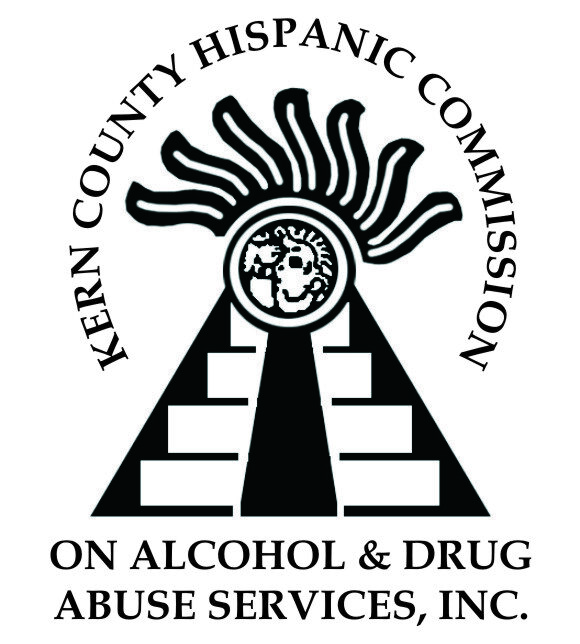Substance use disorders (SUDs) affect millions of individuals worldwide, posing significant challenges to their physical, mental, and emotional well-being. The journey to recovery is unique for each person, and a variety of treatment options are available to address the diverse needs of individuals struggling with SUDs. In this article, we will explore different treatment options, each playing a crucial role in supporting individuals on their path to recovery.

Outpatient Services
Outpatient services provide a flexible and accessible treatment option for those with mild to moderate substance use disorders. This approach allows individuals to receive treatment while continuing with their daily lives. Outpatient programs typically include individual counseling, group counseling, and educational sessions. The flexibility of outpatient services allows individuals to maintain their responsibilities at work, school, or home while working towards recovery.
KCHC is an outpatient recovery center, so all of our clients are able to attend services on a schedule that works with their lives. We offer morning, afternoon, and evening groups so clients are able to prioritize their recovery without making sacrifices that affect their schooling or employment.
Residential Services
Residential treatment services are suitable for individuals with severe substance use disorders who require a more intensive and structured environment. In a residential setting, individuals live at the treatment facility for a specified period, typically ranging from a few weeks to several months. These programs offer a range of therapies, including individual therapy, group counseling, and holistic approaches such as yoga and art therapy. The immersive nature of residential services allows individuals to focus entirely on their recovery without external distractions.
Medication-Assisted Treatment (MAT) Services and Narcotic Treatment Programs (NTP)
Medication-Assisted Treatment (MAT) services combine medications with counseling and behavioral therapies to address substance use disorders effectively. Medications like methadone, buprenorphine, and naltrexone are commonly used to help individuals manage withdrawal symptoms, reduce cravings, and prevent relapse. MAT is particularly effective for opioid use disorders, offering a comprehensive approach to address both the physical and psychological aspects of addiction.
Narcotic Treatment Programs (NTPs), commonly known as methadone clinics, are specialized outpatient services for individuals with opioid use disorders. NTPs provide medication, usually methadone or buprenorphine, to help manage cravings and withdrawal symptoms. These programs are closely monitored to ensure proper dosage and support individuals in addressing the physical and psychological aspects of opioid addiction. NTPs play a vital role in harm reduction and long-term recovery for individuals struggling with opioid use disorders.
How to Determine Which Option is Right for You
Many factors contribute to substance use disorders, so trained clinicians have to take all of these factors into consideration when determining what type of care is most appropriate for each client. Each person has individualized needs, and SUD treatment is not “one size fits all.”
The best way to determine the type of care that’s best for you is to schedule an assessment with a licensed therapist. These trained providers will spend time talking with you about your history of substance use, your triggers, your goals, and other factors before determining which treatment option is the best fit for you.
Call the SUD Access Line to get access to SUD treatment in Kern County: 1-866-266-4898
Addressing substance use disorders requires a personalized and comprehensive approach. The diverse treatment options discussed in this article – outpatient services, recovery services, MAT services, residential services, and NTPs – cater to different levels of severity and individual needs. Recognizing the importance of a multi-faceted approach, combining medical, psychological, and social interventions, is key to fostering successful recovery journeys. It is crucial for individuals and their support systems to work collaboratively with healthcare professionals to determine the most suitable treatment plan and support the transition towards a life free from the grips of substance use disorders.
We are a 501(c)(3) nonprofit organization. Support our mission in the following ways!
